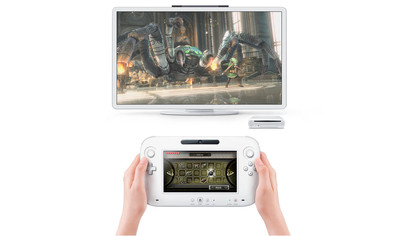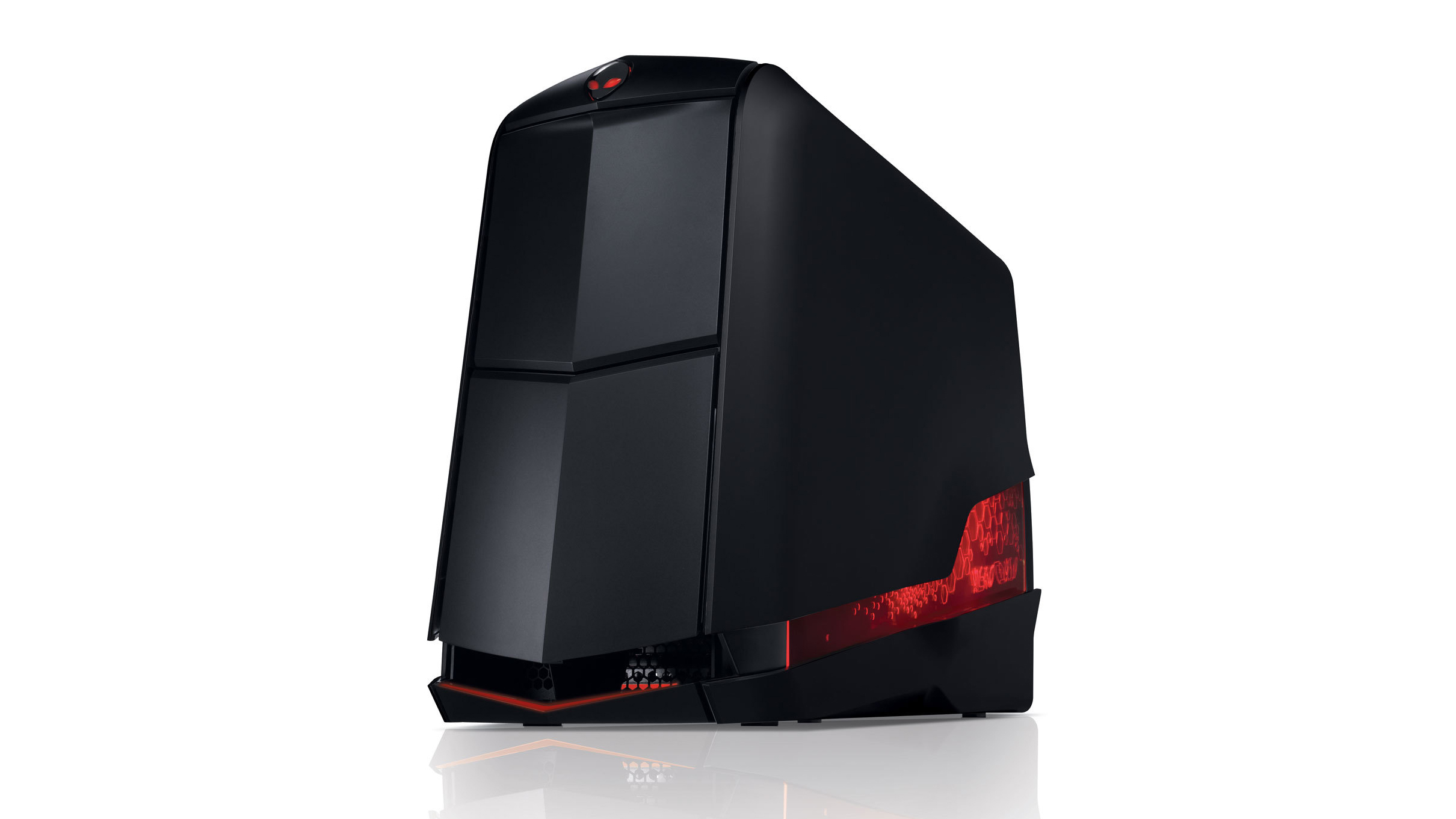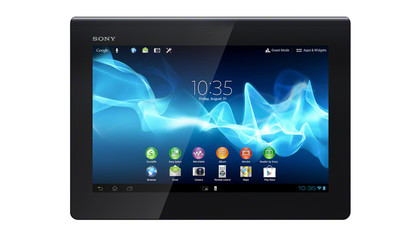Is the game console dead?
The disc is dead, but what about the machines they reside in?
That goes double during a recession, though Verghese does see a future for games consoles. "It's not just about gaming as we see consoles battling to become the entertainment hub of the living room," he says.
"Game consoles today offer access to streaming live TV channels and on-demand access to huge libraries of content. With increased processing power and higher speed internet connectivity combined, in a couple of years we could see some interesting new user experiences that blend gaming style interactivity with internet delivered video and social networking."
That future games consoles – the Nintendo U, Xbox 720 and PS4 – will have more processing power than they do now, as well as faster download speeds, is (almost) assured, though the same goes for smartphones and tablets, too, when the likes of 4G networks become a reality in the UK.

Niche appeal
Of course, dedicated games consoles are always going to have a niche appeal. Those after high-def graphics and 5.1 surround sound will never want to play Halo on a phone.
"I wouldn't rule them [games consoles] out. The market will always be there because it does cater to a particular type of gamer, but the gaming market has grown so much that it now seems like a small area," says Wilkins. "It's more of a content issue to keep people hooked on games rather than consoles."
Although there are several huge brands in video games – such as Minecraft, FIFA 12 and Halo – the kind of queuing round the block fanfare for a shiny silver disc we've seen for the best-selling title, Call of Duty, somehow doesn't seem likely to be topped.
However, could the gaming high-ground slip away from consoles? Some think that a high-end gaming PC is now a go-to-device for serious gamers looking for the optimal gaming experience.
Get daily insight, inspiration and deals in your inbox
Sign up for breaking news, reviews, opinion, top tech deals, and more.

"The PC's ability to be customised in line with the needs of each and every individual gamer makes it the device of choice for true gamers," says Sandro Villinger, Technical Product Consultant at PC optimisation company TuneUp, "and one which is far better suited than, say, smartphones, tablets or even dedicated games consoles which are typically sold with a one size fits all approach."
e has a vested interest, but Villinger simply reasons that while PC users can take a few simple, cost-effective steps to profoundly increase performance, there's no such solution to an underperforming games console.
Meanwhile the Kepler GPU unveiled by Nvidia powers the gaming cloud and makes it possible to game on any H.264 device – with no games console in sight.
Cloud gaming
Whatever the future holds for gaming, the era of the silver disc is almost certainly dead; cloud gaming just makes more sense, with frequent updates and improvements possible.
Sony recently bought-up cloud gaming service Gaikai, while the U console looks set to use a Nintendo Network for online and cloud gaming. Microsoft's SmartGlass will port games to Windows 8 tablets, and Sony's PlayStation Mobile will take titles to its own tablets, phones and the PS Vita, as well as to third party Asus and Wikipad devices.

"There's a lot of innovation still to come," says Wilkins, who insists that both cloud gaming and cross-platform compatibility are big areas of development that the next wave of games consoles will have to embrace.
"If you're reading a book on a Kindle you can pick it up on an iPhone or iPad and read from the same page, and that's what will happen to games," says Wilkins. "The idea is there, but they're waiting for the right technology. A lot of developers are raring to go and are waiting for the cloud technology to catch-up."
Ever-growing and always changing, the games market is huge and fragmented. "The computer games industry looks so different to five years ago," says Wilkins.
"It's going through a transition and there are just so many options." Device-neutral, video-led augmented reality games – with a sheen of social media – are a possible end-game, but to get there we need more processing power in tablets, TVs and phones, and a dose of patience as the technology catches-up with what developers know it almost possible. If you do buy another games console, it will likely be your last.
Jamie is a freelance tech, travel and space journalist based in the UK. He’s been writing regularly for Techradar since it was launched in 2008 and also writes regularly for Forbes, The Telegraph, the South China Morning Post, Sky & Telescope and the Sky At Night magazine as well as other Future titles T3, Digital Camera World, All About Space and Space.com. He also edits two of his own websites, TravGear.com and WhenIsTheNextEclipse.com that reflect his obsession with travel gear and solar eclipse travel. He is the author of A Stargazing Program For Beginners (Springer, 2015),
